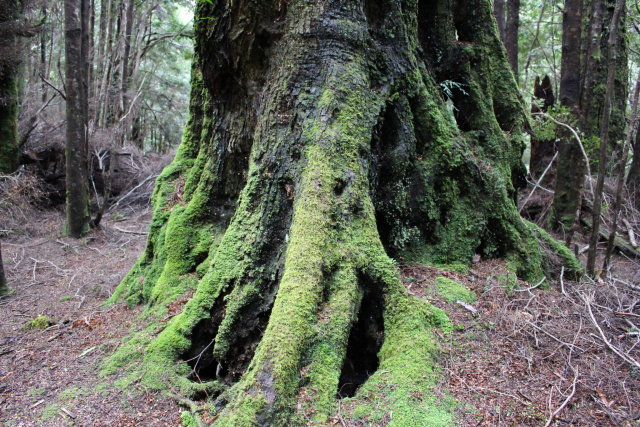Takayna / Tarkine
takayna / Tarkine - One of Australia's great wild places
takayna/Tarkine is the southern Hemisphere's largest temperate rainforest, a vast expanse of wild country encompassing spectacular coastline, wild rivers, mountains, waterfalls and open heathland and plains
One of the world's great temperate rainforests
takayna/Tarkine is the largest temperate rainforest in the Southern Hemisphere, a magnificent expanse of myrtle rainforest that extends between the grand Arthur and Pieman rivers
takayna / Tarkine
The Tarkine / takayna is an expansive wild area in North-West Tasmania, Australia’s island state. An area of world heritage significance, the Tarkine encompasses the largest continuous tract of temperate rainforest in the Southern Hemisphere.
The myrtle rainforests of the Tarkine, the cousins of fagus forests in Patagonia, stretch in a continuous band for more than 90 kilometres from the mighty Arthur River that bounds the Tarkine’s northern reaches, to the Pieman river in the South.
takayna/Tarkine has a spectacular coastline that faces unbroken seas from here to the southern tip of South America. The roaring 40s winds have blown immense sand dunes from the coast up to several kilometres inland.
The takayna/Tarkine’s first nations peoples lived here for more than 40,000 years – and this is a region of immense cultural significance, with hundreds of sites dating back many thousands of years, from hut depressions to ceremonial stone arrangements, to intricately carved stone petroglyphs.
takayna / Tarkine is a haven for wildlife, home to more than 60 species listed as threatened, including being one of the most important strongholds for disease-free endangered Tasmanian Devils, along with providing critical habitat to the enormous Tasmanian Wedge-Tailed Eagle, the Spotted Quoll, pink Robin, and many other wonderful plants and animals.

The exquisite landscapes of takayna / Tarkine
takayna / Tarkine is an immense landscape of rainforests, open plains, wild ocean facing coastline, sand dunes, wild rivers, waterfalls, mountains and majestic grand tall forests
Conserving takayna / Tarkine
The big vision for the Tarkine / takayna is for it to be properly protected as a major extension to the Tasmanian Wilderness World Heritage area as a National Park and World Heritage area in its own right.
Conservationists in Tasmania and globally have been working for this long-term vision for takayna/Tarkine for decades. Current conservation challenges for takayna/Tarkine include the ongoing logging of some of the Tarkine’s forests, mining exploration and operations, and illegal and poorly unregulated off-road vehicle use on the Tarkine’s fragile coast.
Conservation groups working to protect the Tarkine include the Bob Brown Foundation, a plucky environment group that uses ecological reality and optimism to promote real environmental wins: https://www.bobbrown.org.au
takayna / Tarkine natural features
Exquisite natural values and features of takayna / Tarkine
Myrtle beech
The Myrtle beech, or simply 'Myrtle' is the dominant species of Tasmania's rainforests. Myrtle trees can grow up to 55m tall, and have a heart-shaped dark green leaf with a tiny serrated edge.
Black Currawong
The currawong is a bird found only in Tasmania, frequents forests, and is a glossy all-black colour with a heavy black bill, small white tip to its tail and wingtips, and bright-yellow eyes.
